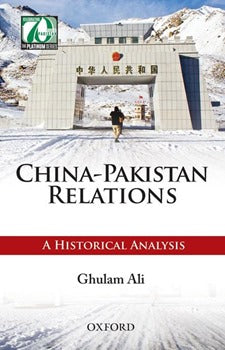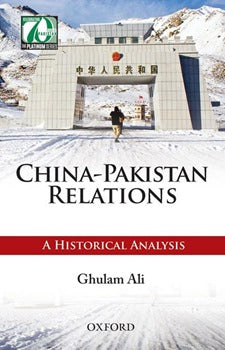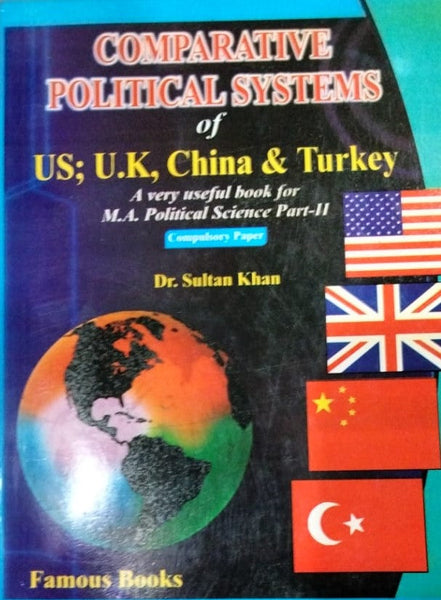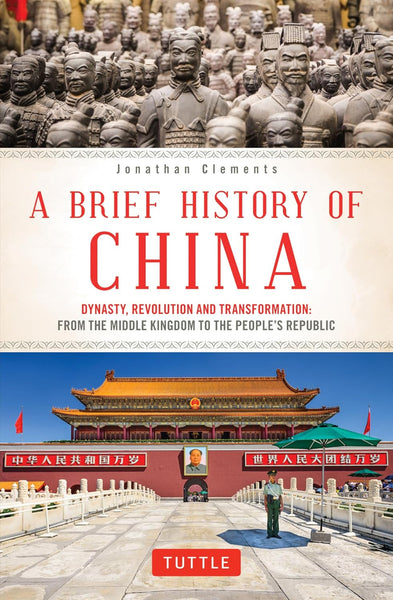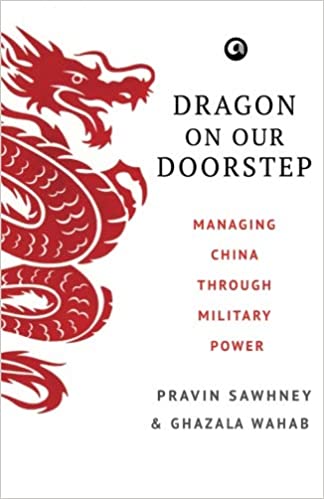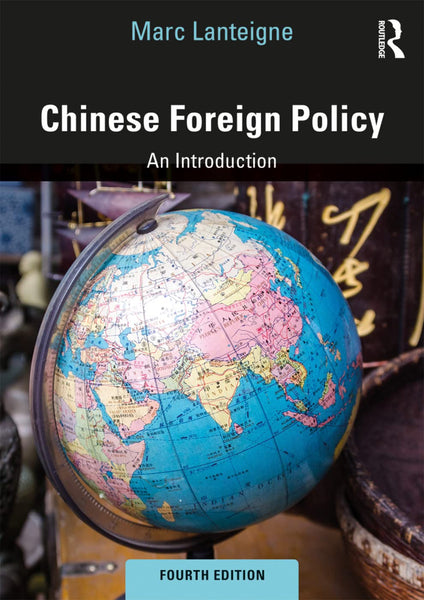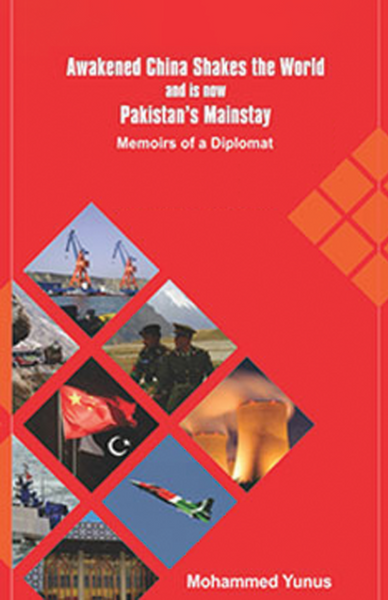China-Pakistan Relation By Gulam Ali - Oxford
- Publisher: OXFORD UNIVERSITY PRESS PAKISTAN
- Availability: Out Of Stock
- SKU: 28241
Rs.1,100.00
Rs.1,225.00
Tags: affordable prices , AIIB , alliance , Belt and Road Initiative , best books , best books online , Best Price , best prices , Best Selling Books , best shop , Book Shop , Book shopping , bookshop , bookshop Multan , bookshop near me , bookshop online , bookshop online Multan , bookshopPakistan , border connectivity , buy online books , China , Convenient Shopping , counterterrorism , CPEC , defense technology , digital shopping , economic cooperation , global affairs. , good books , good booksonline , healthcare , Internet Shop , military collaboration , multilateral engagement , mutual prosperity , one stop shop , Online Book Shop , ONLINE BOOKS , Online Books Shop , online books store , Online Bookshop , Online Bookshop Pakistan , online bookstore , online shop , online shopping , Online Shopping Pakistan , OnlineShoppingPakistan , Pakistan , Pakistan Bookshop , PakistanBookshop , PakistanOnlineShopping , price cut , price-friendly Comprehensive , ReasonablePrice , reduced price , SCO , secure shopping , Shopping , ShopSmartPakistan , South Asia , strategic partnership , trade , Virtual Shop
The China-Pakistan relationship, characterized as an "all-weather friendship," is deeply rooted in strategic cooperation, economic collaboration, and diplomatic support. Since the establishment of diplomatic ties in 1951, the two nations have strengthened their partnership through various bilateral agreements and initiatives. This enduring alliance has significant implications for regional stability, economic development, and geopolitical dynamics in South Asia and beyond.
Key Points:
1. Economic Cooperation:
China's Belt and Road Initiative (BRI) has played a pivotal role in enhancing economic ties between China and Pakistan. Projects like the China-Pakistan Economic Corridor (CPEC) aim to boost infrastructure development, energy cooperation, and trade connectivity, fostering economic growth in both countries.
2. Strategic Partnership:
The strategic partnership between China and Pakistan extends beyond economic cooperation, encompassing military collaboration, intelligence sharing, and defense technology transfers. This partnership serves mutual security interests and reinforces each country's geopolitical influence in the region.
3. Diplomatic Support:
China has been a staunch supporter of Pakistan in international forums, including the United Nations Security Council, often aligning its stance with Pakistan's on key issues like Kashmir. This diplomatic backing strengthens Pakistan's position on global platforms and reinforces its sovereignty concerns.
4. Cultural Exchanges:
Cultural exchanges between China and Pakistan promote people-to-people ties and mutual understanding. Educational scholarships, cultural events, and tourism initiatives contribute to fostering a sense of camaraderie and friendship between the two nations.
5. Energy Cooperation:
Energy cooperation is a cornerstone of the China-Pakistan relationship, with China investing in various energy projects in Pakistan to address its energy shortfall. Joint ventures in hydropower, solar energy, and coal-fired power plants contribute to Pakistan's energy security and economic development.
6. Regional Stability:
The China-Pakistan alliance is crucial for regional stability, particularly in the context of Afghanistan and counterterrorism efforts. Both countries share concerns about extremism and separatism, leading to coordinated efforts to maintain stability in the region.
7. Security Cooperation:
Military cooperation between China and Pakistan includes arms sales, joint exercises, and defense technology collaboration. This collaboration enhances Pakistan's defense capabilities while deepening China's influence in South Asia.
8. Multilateral Engagement:
China and Pakistan collaborate closely in multilateral forums such as the Shanghai Cooperation Organization (SCO) and the Asian Infrastructure Investment Bank (AIIB), advocating for shared interests and promoting regional integration.
9. Border Connectivity:
Efforts to enhance border connectivity through infrastructure development facilitate trade and economic exchanges between China's Xinjiang region and Pakistan's northern areas, bolstering economic ties and regional integration.
10. Future Prospects:
The China-Pakistan relationship is poised to expand further, with both countries exploring new avenues for cooperation in areas such as technology, agriculture, and healthcare. Continued collaboration is expected to deepen their strategic partnership and contribute to mutual prosperity and stability in the region.
In conclusion, the China-Pakistan relationship, characterized by multifaceted cooperation and shared strategic interests, remains a cornerstone of stability and development in South Asia. As both countries continue to strengthen their ties across various sectors, the alliance is poised to play an increasingly significant role in shaping regional dynamics and global affairs.
Publishers ✤ OXFORD UNIVERSITY PRESS PAKISTAN

